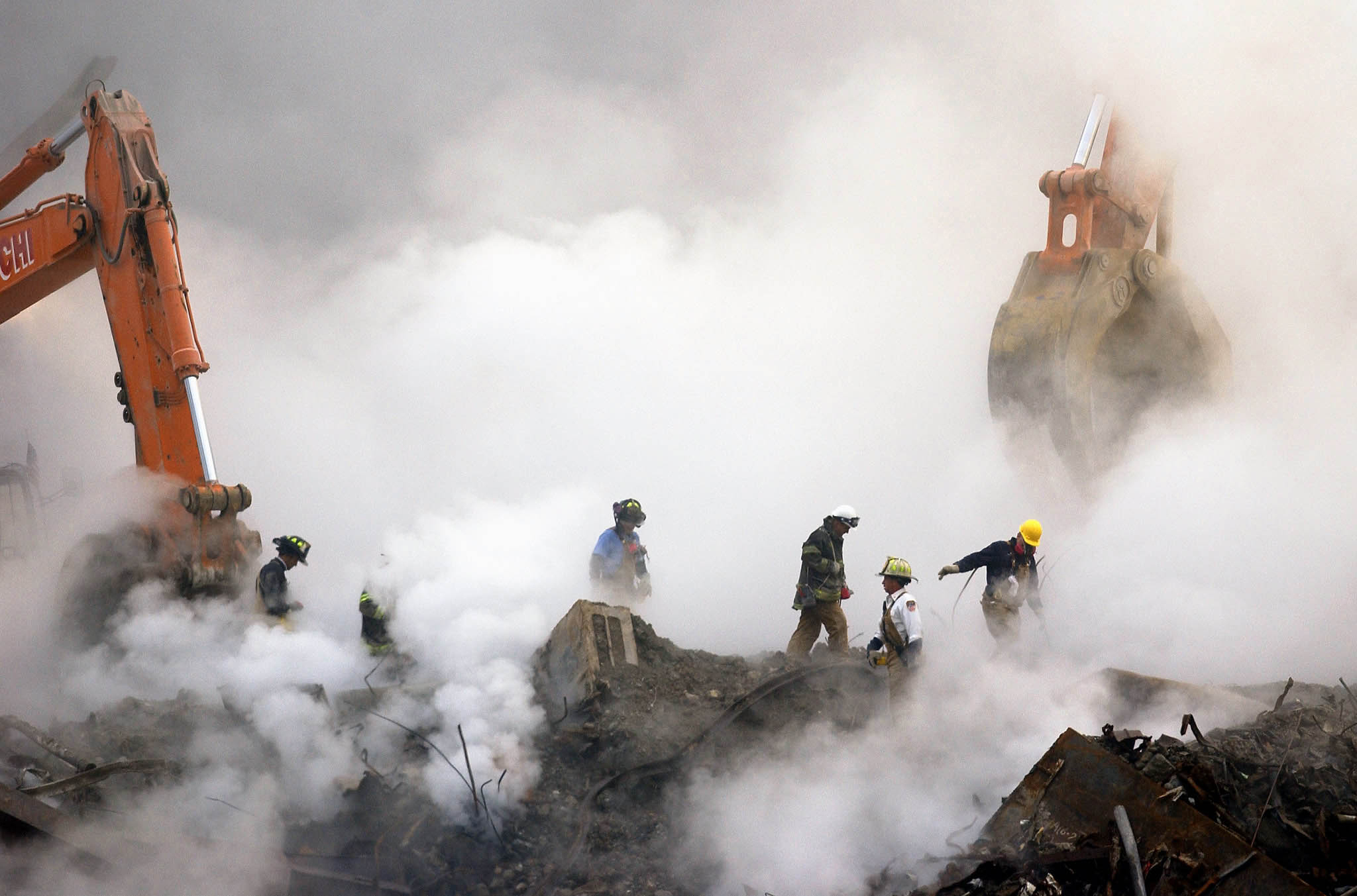
Expecting mothers who lived near the World Trade Center when the twin towers fell on September 11, 2001 were more likely to give birth prematurely and have babies with low birth weights, according to new research.
The massive dust cloud that enveloped Lower Manhattan after the collapse of the Twin Towers was a highly toxic environmental hazard that consisted of asbestos, cement, gypsum, glass fibers, lead and other metals and was highly alkaline. Past research has shown it caused asthma and cancer in many first responders and local residents.
A new working study, released this month by Janet Currie and Hannes Schwandt of Princeton University, shows that the 9/11 dust caused pregnancy complications in expecting mothers. The study has not been peer-reviewed.
“These findings provide the first consistent evidence that the 9/11 dust cloud had detrimental impacts on pregnancy outcomes,” said the authors. “Residence in the affected area increased prematurity, low birth weight, and admission to the NICU (neonatal intensive care unit) after birth, especially for boys.”
For mothers who were in their first trimester during 9/11, exposure to the dust cloud more than doubled the probability of premature delivery. Newborn boys were more likely than girls to have birth complications, and there was an increase in low birth weight of about 5 percentage points among boys as well as 7.6 percentage points in the probability of male infants being admitted to the NICU.
The probability of premature delivery for mothers exposed to the dust cloud was 7.75% for girls and 8.16% for boys, the study said.
Previous studies have failed to find a significant connection between the dust cloud and pregnancy complications, but they didn’t take take into account that many women living in Lower Manhattan when the towers fell were generally less likely to have poor birth outcomes.
The neighborhoods most affected by the 9/11 dust cloud include Lower Manhattan, Battery Park City, SoHo, TriBeCa, Civic Center, Little Italy, Chinatown and the Lower East Side, the study said.
The authors said that the birth outcomes could also have been partially affected by changed maternal behaviors after 9/11 unrelated to the dust.
More Must-Reads from TIME
- Cybersecurity Experts Are Sounding the Alarm on DOGE
- Meet the 2025 Women of the Year
- The Harsh Truth About Disability Inclusion
- Why Do More Young Adults Have Cancer?
- Colman Domingo Leads With Radical Love
- How to Get Better at Doing Things Alone
- Michelle Zauner Stares Down the Darkness
Contact us at letters@time.com